 Moja Ortopedija Rozi Step
Moja Ortopedija Rozi Step

Pregnancy is an exciting time for every woman, but along with carrying a new life inside you, your skin, hair and nails experience many changes. It is natural to wonder what you can do about the many changes your body is going through – and what might be dangerous for your baby during these 9 months.
It is well known that some ingredients in prescription medications and from topical skin care products can get absorbed into the body when...
READ MORE
Skin Cancer Detection
CATEGORIES:
There are three main types of skin cancer: basal cell carcinoma, squamous cell carcinoma, and malignant melanoma. Melanoma is the most severe form of skin cancer, as it can spread quickly throughout the body if not treated at an early stage.
The good news is that early detection is the best defense against deadly skin cancers. Regular check ups and screenings every 6-12 months with your Dermatologist can literally be life-saving. Consult with...
READ MORE
The Brightening Brigade
CATEGORIES: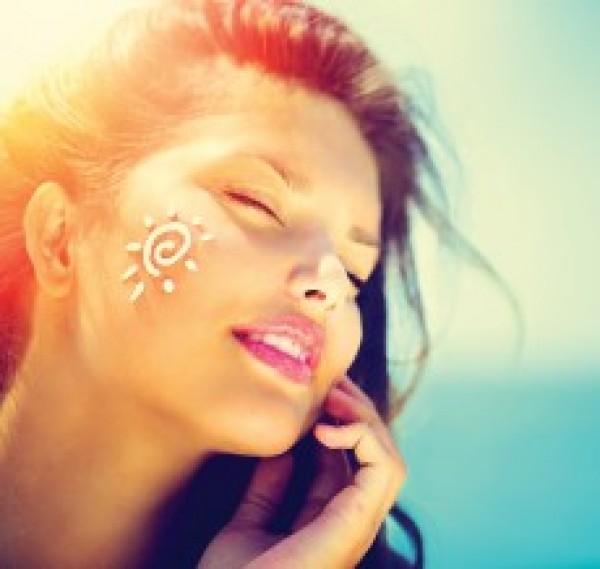
Although prescription hydroquinone is still considered the gold standard in skin lightening by many physicians and skincare professionals, Beverly Hills Dermatologist Dr. Zein Obagi warns that it comes at a price.
It fades many spots when used consistently and blocks the enzyme needed for creating new ones. Paired with a prescription retinoid or potent retinol, it can begin to lighten dark spots in four to six weeks, sometimes sooner....
READ MORE
The Anatomy of Dark Circles
CATEGORIES:
The skin around your eyes is the thinnest on the body, which accounts for why it is so prone to environmental abuse and the effects of stress and sun exposure. The skin around the eyes is one of the first places signs of aging like crow’s feet, crepey skin, puffiness and dark circles. The area around the lower eyelids is also prone to dryness because it is so thin, which can make fine lines and wrinkles appear earlier and become more visible...
READ MORE

The thirties are the time when your skin starts to show visible signs of aging. At around age 35, cells get lazy and slow down so they don’t turnover as easily without a little help. Fine lines and wrinkles appear, and skin tone becomes more uneven from daily UV exposure, even if you are diligent about wearing your SPF. Brown spots and wrinkles start to develop, especially for smokers and sun worshippers, and those who have not taken good care...
READ MORE
Ditch the Dark Spots
CATEGORIES: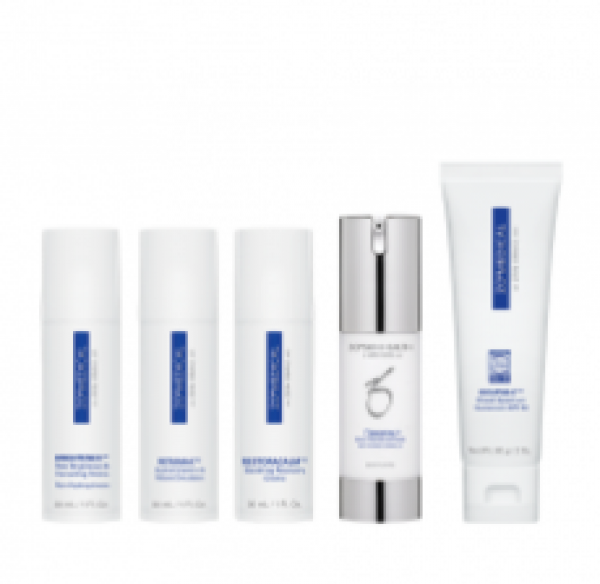
Discoloration is a fact of life. The sooner you see dark spots and brown patches has a lot to do with heredity and lifestyle, but by a certain age, we all get some. There are several factors that cause skin to become darker (hyperpigmentation), starting with an increase in melanin, the substance which regulates pigment. Primarily, hyperpigmentation is caused by exposure to the damaging ultraviolet (UV) rays of the sun. But dark spots can also...
READ MORE
The M Word
CATEGORIES:
Menopause is a word most women would rather not ever hear. But sadly, it can start in your 30s and last til your 60s in some cases. Among the many changes that women experience during this time are those affecting the skin, and unfortunately it’s not great news.
Menopausal Skin Changes
Dry skin as oil glands become less active
Skin thinning
Decrease in collagen and elastin
Loss of facial volume
Deepening of wrinkles and folds...
READ MORE
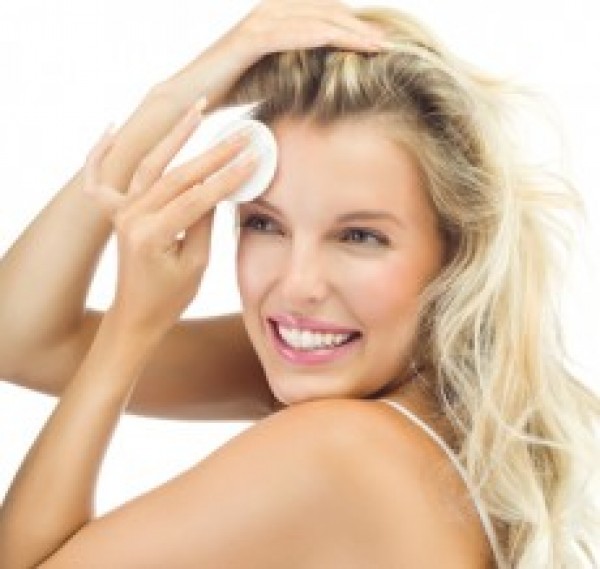
Dr. Zein Obagi first introduced the definition of skin health in 1983 and expanded it in 2008. His definition provides specific, easily recognized physiological, histological, and clinical attributes that can be represented by the skin of a baby as a model for healthy skin. According to the author, skin treatments must correct any abnormality in skin health that deviates from the definition so that it attains the desirable...
READ MORE
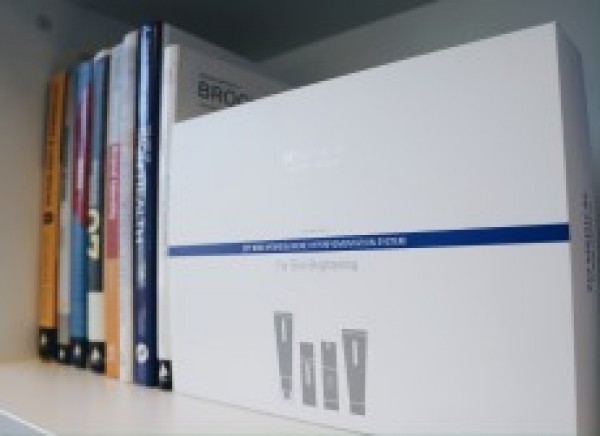
According to leading cosmetics industry market research firm Kline & Company, “While hydroquinone (HQ) has been the gold standard ingredient in the physician dispense arena for the treatment of hyperpigmentation, this ingredient is surrounded with controversy due to some of its reported side effects. Europe has banned HQ in concentrations greater than 1% and in the United States it has been banned from five states – New York,...
READ MORE
Alpha Arbutin – A NEW Retinol Alternative
CATEGORIES:
The ZO Medical range was specifically developed as an intensive daily skincare program that slows down premature aging and skin damage, and helps to maintain healthy skin for the long term.
One of the newest additions to the ZO Medical roster is OSSENTIAL® Brightalive Non Retinol Skin Brightener. What makes Brightalive so unique is that it is a highly effective skin brightening formula without containing hydroquinone or retinol....
READ MORE
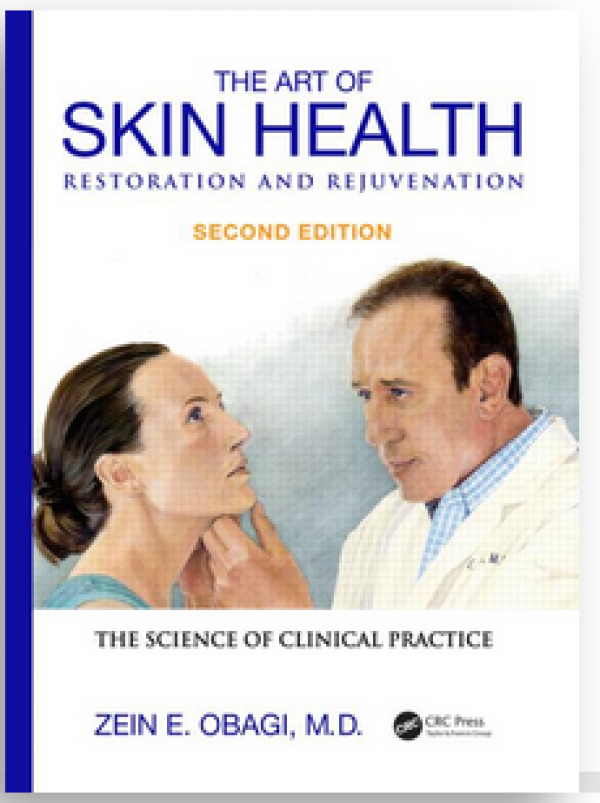
Dr. Zein Obagi’s original textbook was heralded as a bestseller around the world. Years in the making, his second edition is a comprehensive overview of his renowned skin care regimens and features the cutting edge skin changing techniques that are followed by physicians and skin care professionals in over 80 countries.
In The Art of Skin Health Restoration and Rejuvenation: The Science of Clinical Practice, Second Edition (CRC...
READ MORE

ACNE. It’s a four letter word for most of us. Even when you think you’re in the clear after you hit your mid 20s, blemishes can still plague your complexion and can be a problem well into your 40s and beyond.
Acne can be mild, moderate or severe, and it can show up on your forehead, cheeks, nose, chin, chest, and back. It’s important to know what kind of acne you have to chose the most appropriate and effective treatments and...
READ MORE

The concept of Skin Health Restoration, advanced by Zein E. Obagi, MD, is the optimum process to restore skin activity, vitality, strength and youthfulness, while also treating any skin conditions such as acne, rosacea, or pigmentation. This process ultimately leads to the best possible results for your skin, and will allow you to maintain these results for the long term. But you will need to be patient because skin health restoration...
READ MORE
The Benefits (and Dangers) of Hydroquinone
CATEGORIES: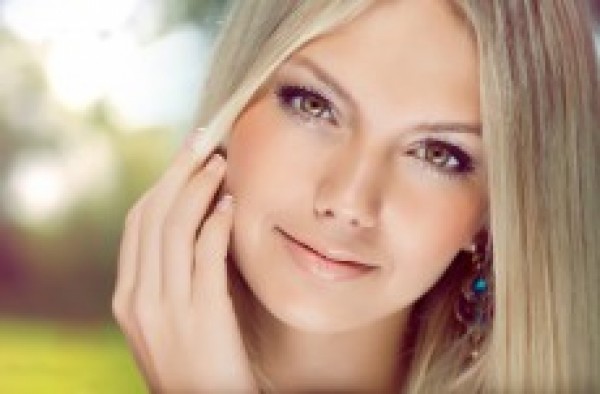
Hydroquinone is a topical agent used in dermatology for reducing pigmentation and discoloration in the skin. It is available in the U.S. in over-the-counter strengths of up to 2 percent, with higher concentrations available only by prescription. Because of dangers associated with hydroquinone several countries, such as the U.K. and Japan, have banned its use.
Consumers are now getting hydroquinone on the internet without the benefit of medical...
READ MORE

Dermatologists like to tell people what they can do to treat lines and wrinkles caused by UV damage, wind, smoke, etc. It’s easy. There are lots of good ingredients for treating environmental aging.
But intrinsic aging—meaning, you and your skin are just getting older—is different. Until recently, if you asked dermatologists what ingredient worked best, they wouldn’t be able to give you a straight answer because they didn’t know...
READ MORE
Do Your Hands Give Away Your Age?
CATEGORIES:
At about age 35, your hands begin to look older. Wrinkles, age spots, loss of elasticity, protruding veins start to appear. In fact, 68% of women claim that their hands make them look at least 10 years older. So why do most hand lotions fall short?
As we get older, the skin on our hands begins to thin. Because there’s so little fat and muscle in our hands, the bones, wrinkles, and veins all begin to show. You need to thicken the skin...
READ MORE

Asian women are often the envy of women around the world because they tend to look younger than their chronological age. Why are they so fortunate? Asian skin generally contains more melanin, so photoaging is less visible. By avoiding sun exposure, they can maintain a more even-tone complexion and their skin is less prone to the tell-tale signs of aging—like wrinkling and sagging.
What are some of the characteristics of Asian skin types?...
READ MORE

